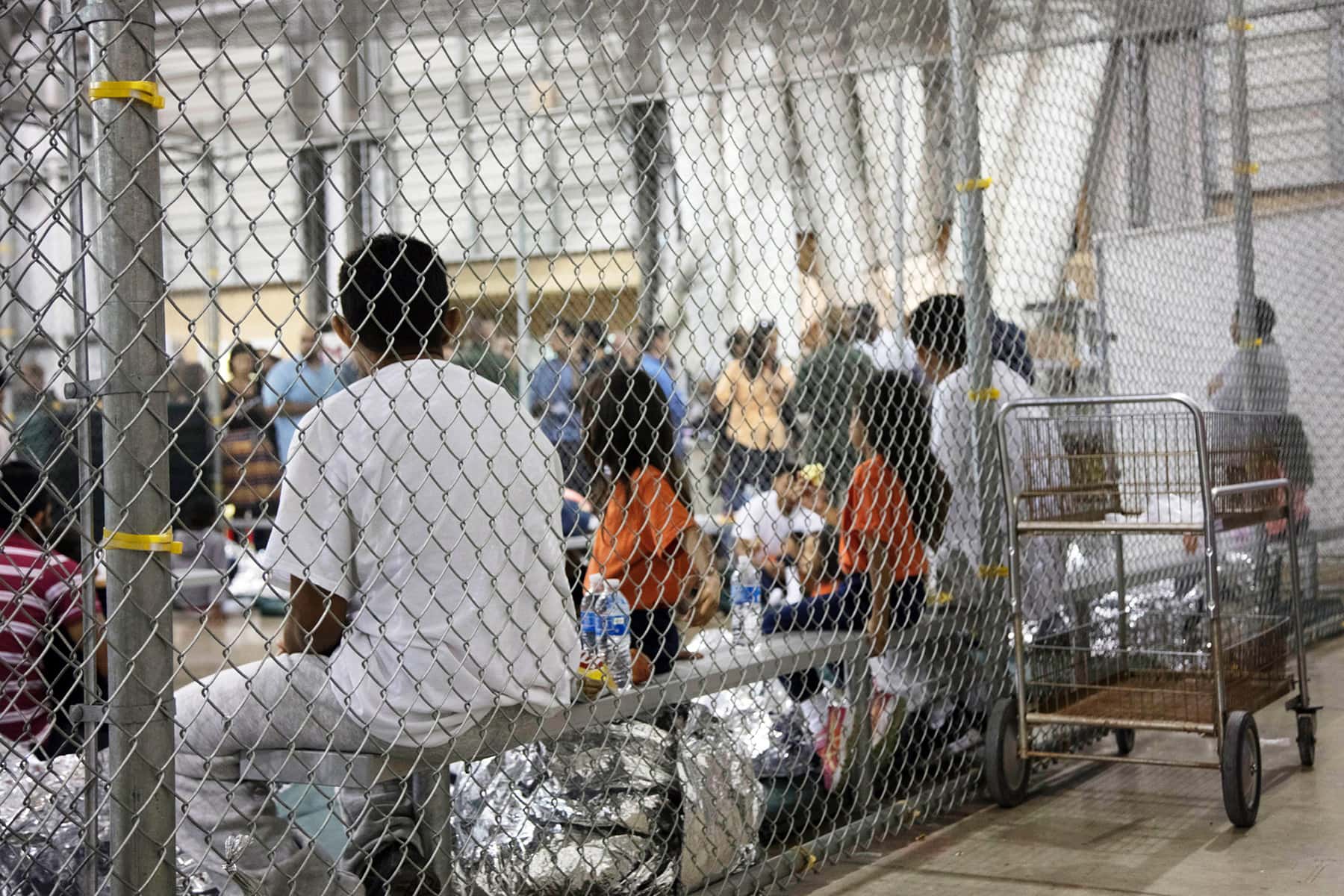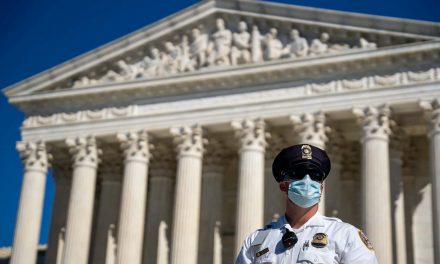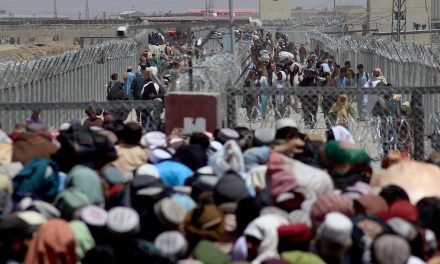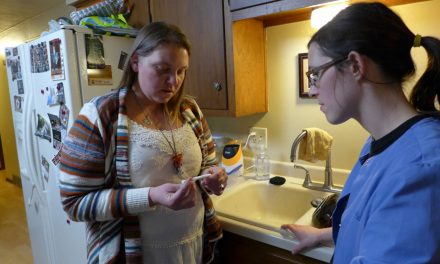
Doctors are concerned the spread of coronavirus to the US’s prison-like immigration detention centers is inevitable and will hit a system blighted by overcrowding and medical negligence.
There are two known incidents of possible coronavirus infections tied to the US immigration detention system, which has detained record numbers of people under Donald Trump. Dr. Ranit Mishori, senior medical adviser at the Physicians for Human Rights advocacy group, said it was inevitable coronavirus hits either a prison or jail, and that it was likely to hit immigration detention centers as well.
“Looking at what has been happening in immigration detention centers, it doesn’t inspire much confidence in me,” Mishori said.
Any type of detention center is a cauldron for infectious disease because of the crowded conditions and limited access to medical care. Five cases of mumps in immigration detention centers in September 2018 ballooned to nearly 900 cases among staff and detainees by August 2019. In these facilities, it can also be difficult to follow the most basic prevention advice – regular hand washing – because clean water and soap aren’t guaranteed.
“We know there have been cases of medical negligence, of lack of access or reduced access to care, we’ve heard stories about a lack of basic hygiene measures so, no soap, no hand sanitizer,” Mishori said. “And all these things are important to prevent the transmission of any infectious disease.”
Multiple reports from government watchdogs, as well as advocacy groups, have revealed the health risks at these facilities, which are run by federal agencies Immigration and Customs Enforcement (ICE), Customs and Border Protection (CBP) and private prison companies.
The internal watchdog for the Department of Homeland Security, which oversees CBP and ICE, warned last year of dangerous overcrowding at a border patrol processing facility, before the coronavirus outbreak.
“We are concerned that overcrowding and prolonged detention represent an immediate risk to the health and safety not just of the detainees, but also DHS agents and officers,” the office of inspector general’s report said.
In December, US immigration officials blocked doctors from giving flu vaccines to detained migrant children, after at least three children in custody died from complications from the flu.
Dr. Josiah Rich, an epidemiologist at Brown University, said one tool the U.S. government has to prevent the spread of coronavirus is to release some of the 43,990 people in immigration detention, while their legal cases are being processed. People are held in these detention centers for civil immigration violations, not criminal charges, and the government can release them unless they are considered a danger to the community.
“If they don’t really need to be there, get them out of there,” Rich said. “Do we really need to expose them to additional health risks? And expose them to each other? and the staff?”
So far, there are only two known incidents of possible coronavirus outbreaks tied to agencies involved with immigration detention. An ICE spokesperson said that there were no detainees with confirmed coronavirus and that the agency’s epidemiologists have been tracking the outbreak.
“ICE continues to incorporate CDC’s COVID-19 guidance, which is built upon the already established infectious disease monitoring and management protocols currently in use by the agency,” the spokesperson said, referring to the scientific label for the novel strain of coronavirus that generated the global outbreak. “In addition, ICE is actively working with state and local health partners to determine if any detainee requires additional testing or monitoring to combat the spread of the virus.”
Beyond health concerns, disease outbreaks can also threaten the legal rights of immigrants. Detention facilities are notoriously difficult to access for non-government bodies, such as charities and the media, and in normal conditions advocates struggle to monitor the conditions people inside experience day-to-day. People testing positive for a contagious disease can be isolated further, which could also stop immigrants from meeting with their attorneys or other advocates.
If court hearings are held remotely, it can present challenges if the video feed is low-quality or a translator isn’t provided on either end of the process. Immigration lawyers have voiced concerns about how coronavirus will affect their clients and the immigration judges union has sent out coronavirus prevention guidance to its members in lieu of the information being made available in courtrooms.
Mishori said she was concerned immigration officials had not yet publicly acknowledged what ICE will do if there is an outbreak. She said, “I’m seeing no transparency about how they are preparing to respond or to contain if there becomes a need to rather than prevention.”
Аmаndа Hоlpuch
Originally published on The Guardian as Coronavirus inevitable in prison-like US immigration centers, doctors say
Help deliver the independent journalism that the world needs, make a contribution of support to The Guardian.













